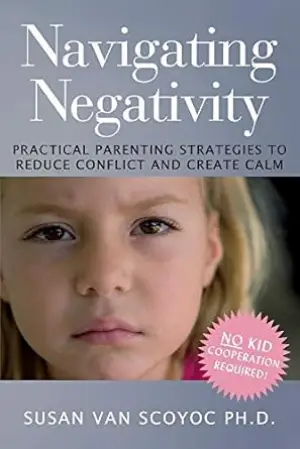I recently dove into Simon Tolkien’s “The Palace at the End of the Sea,” drawn in by my passion for historical fiction, especially set against the backdrop of significant global events. The early 20th century has always fascinated me, and the Spanish Civil War era felt like a rich tapestry waiting to be explored.
The novel centers on Theo Sterling, a young man on a quest for identity during the turbulent times of the Great Depression. As he navigates his way from New York City to an English boarding school and finally to an Andalusian village, the narrative captures his journey living amidst political upheaval, exploring the themes of belief and ideology. I was particularly captivated by the portrayal of Theo’s family dynamics: his Jewish father, unwavering in his pursuit of the American Dream, contrasted sharply with his mother, a devout Catholic with a past of persecution.
One of the strongest points of this book is its immersive historical context. Tolkien’s meticulous research shines through, allowing readers to witness the dichotomy between the lives of ordinary people in 1929 America and those caught up in the looming shadows of war in Spain. The descriptions are lush and vivid, creating an authentic backdrop that enhances the story. This engagement with history resonates with many, as highlighted in several reviews—just as “teachlz” wrote about the well-researched and beautifully described settings.
Additionally, the character development stands out, particularly in how Theo grapples with the complexities of his identity and ideology. His friendships and the challenges he faces serve as a catalyst for growth. I found myself emotionally invested, as did many readers; one reviewer mentioned the story’s ability to provoke deep thought about current political climates, echoing my sentiments entirely.
However, not everything was perfect. As some have remarked, the pacing can be a bit uneven, particularly toward the end, which left me feeling a tad restless at times. I concur with “InkAndWhiskers” who noted that while the overarching narrative is vast and rich, there are moments where time seems to drag. Those longing for a tightly wound plot might find themselves momentarily detached.
Moreover, Theo can be a challenging protagonist to fully root for. While his journey is relatable, his self-absorption sometimes felt frustrating, as “InkAndWhiskers” pointed out. I too yearned for a little more depth and understanding from him, particularly in moments where his motivations seemed obscured by a veil of privilege and naivety. Yet, I would argue that this flaw contributes to a more authentic portrayal of a young man trying to define himself amidst confusion.
Overall, “The Palace at the End of the Sea” is an impressive historical saga that delivers on many fronts. The intricacies of family, identity, and societal challenges resonate deeply, while the historical context is so detailed that it almost feels like a character in its own right. Despite some pacing issues and Theo’s occasional frustrations, I found the book to be a richly rewarding experience. It was educational, engaging, and thought-provoking.
For those who appreciate human stories set against historical backdrops, I wholeheartedly recommend this book. It’s a poignant reminder of our past and the ideals we pursue, making it an important read as we reflect on our current world. With a score of four stars, it stands as a testament to Simon Tolkien’s ability to weave a narrative that captures both the heart and the mind. I look forward to the next installment in the series!








